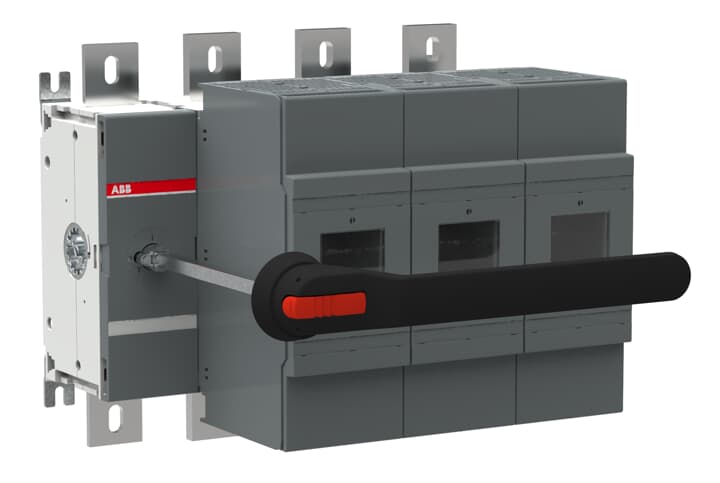An isolator or disconnector switch is an important piece of equipment in industrial and building electrical systems that is responsible for completely cutting off the power flow. This switch is used to increase safety, maintenance, and protection of electrical equipment.
Isolator Function
The isolator mechanically separates the circuit from the power source to allow for repairs and maintenance without the risk of electric shock. Unlike protective switches such as MCB or MCCB, the isolator has no leakage or connection in the cut-off state and completely isolates the circuit.
Types of insulators
1. Gas insulator: Use of SF6 gas for insulation and prevention of short circuits
2. Oil insulator: Use of mineral oil to reduce the risks of electrical fluctuations
3. Dry insulator: Without the use of insulating materials, suitable for dry environments
4. Vacuum insulator: Use of vacuum for insulation at high voltages
Benefits of using insulators
– Increased safety: Prevention of electric shock and short circuits
– Ease of repairs: Possibility of separating equipment without shutting down the entire system
– Increased equipment life: Reduction of voltage fluctuations and prevention of electrical damage
– Reduction of costs: Reduction of repair and maintenance costs




